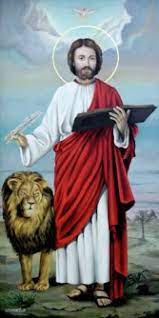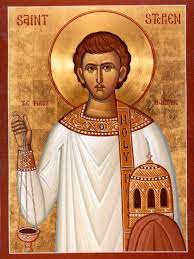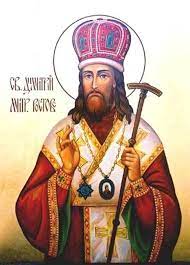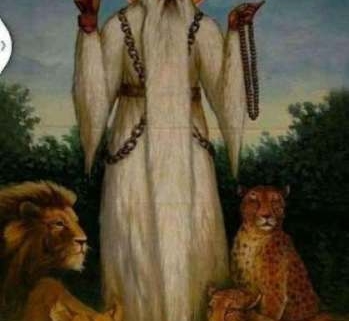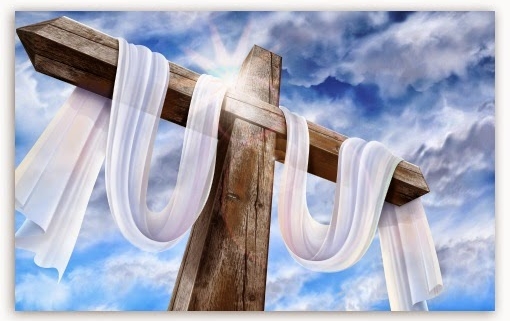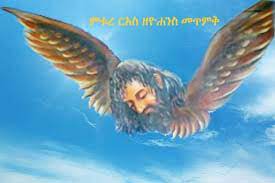Commemoration of Saint Mark, The Apostle and Evangelist
Saint Mark was born of Jewish parents three years after the birth of our Lord and Savior, Jesus Christ. Saint Mark was a native of the North Africa county of Libya. He was born in the city of Cyrene in Pentapolis, The western part of Libya, west of the border of Egypt….

